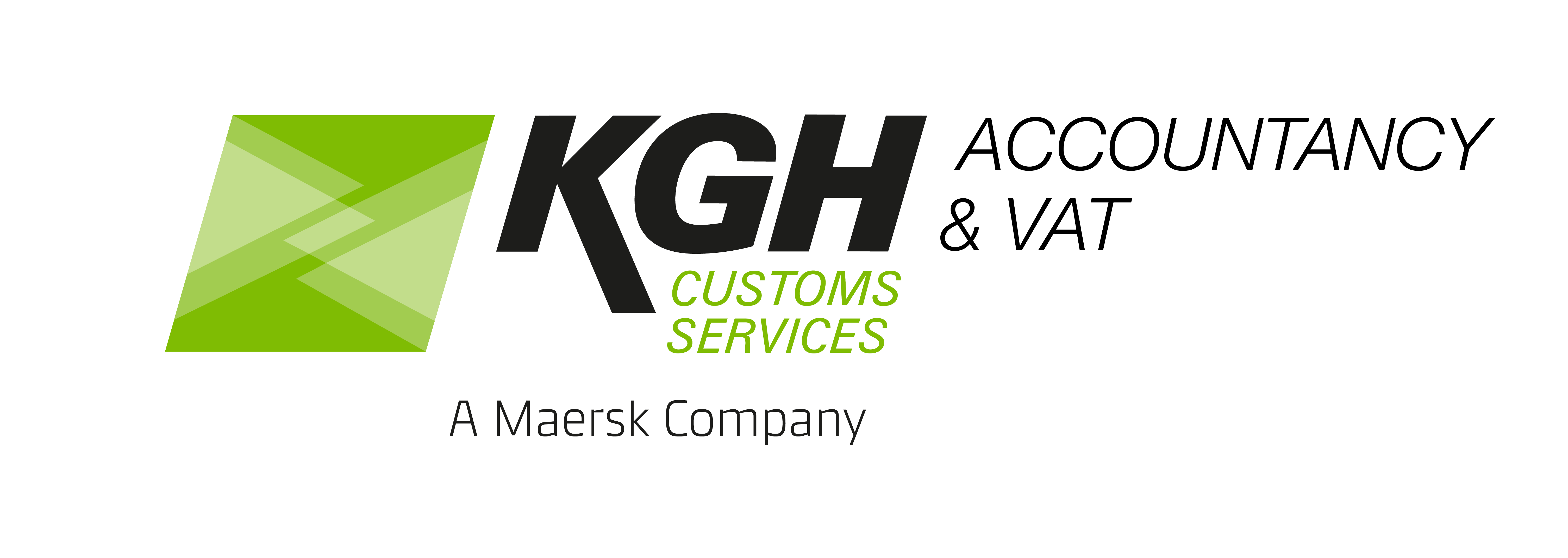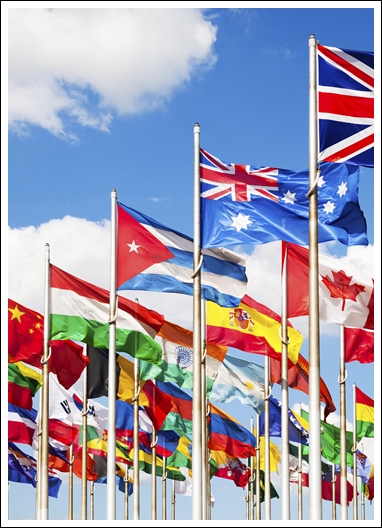Vi hjelper deg med de nye norske merverdiavgiftsreglene
De nye merverdiavgiftsreglene stiller nye krav til norskregistrerte foretak (NUF)
Tidligere skulle omsetningsoppgave leveres, med nye regler fra januar 2017 skal skattemelding (mva-melding) isteden leveres. Den store endringene ligger i ansvarsfordelingen, som nå har blitt endret fra speditør til avgifts registrert selskap som importerer varer. Varer skal fortsatt deklareres, men total innførsels merverdi avgift vil ikke lenger fremkomme på tolldeklarasjonen. Avgifts registrert selskap skal selv ha ansvaret for rapportering av korrekt tollverdi. Det blir strengere krav til korrektheten i det som skal rapporteres. For deg som norskregistrert foretak (NUF)) blir det økt risikoeksponering, da endringene stiller nye krav til blant annet kompetanse, rapportering, rutiner, kommunikasjon og system.
Merverdi representant en attraktiv løsning
I steden for å investere i kompetanse og ressurser for å håndtere de nye kravene, med de risiko og krav på ressurser det innebærer, kan en merverdi representant være en enkel og interessant løsning. Ved å ha en merverdi representant som en samarbeidspartner er det en effektiv måte å sikkerhetsstille at de nye kravene ikke bare etterleves, men også håndteres mest mulig fordelaktig for deg som norskregistrert foretak (NUF). Belastningen i organisasjonen reduseres samtidig som risikoen for problemer i vareflyten, så vel som risikoen for at lover og regler ikke blir fulgt reduseres kraftig/forsvinner.
Fordeler på langsikt med en merverdi representant
Det er mange fallgruver som enkelt kan unngås med å ha en merverdi avgifts representant som kjenner norske lover og regler. Det vil fortsatt være mange regnskapsmessige og skattemessige forhold som må avklares løpende, og vi mener at det er riktig å ha en samarbeidspartner som kjenner til lover og regler og ikke minst hvilke organer som skal kontaktes i Norge, dersom problemer for norskregistrert foretak (NUF) oppstår. Og det handler heller ikke bare om å etterleve lover og regler som gjelder. En kunnskapsrik merverdi representant vil også vite hvordan lover og regler som finnes kan utnyttes på en mest mulig fordelaktig sett for ditt selskap, slik at de ressurser som finnes brukes mest mulig effektivt for organisasjonen. Da vil de operative kostnadene være på et lavt nivå, og godset flyter uten påvirkning av at lover og regler ikke blir etter fulgt.
Merverdi representant i korthet
Ved å ha en merverdi representant innebærer det at du har en samarbeidspartner med unik spisskompetanse innen grenseoverskridende problematikk som tar hånd om regnskap og lønnsadministrasjon til norske myndigheter for deg som norskregistrert foretak (NUF) i henhold til norske lover og regler.
Ønsker du mer informasjon rundt registrering av selskap i Norge, rapportering av lønn for utenlandske personer som jobber i Norge eller håndtering av norsk merverdiavgift? Vennligst kontakt KGH Accountancy & VAT Services AS.
+47 69 21 40 00



